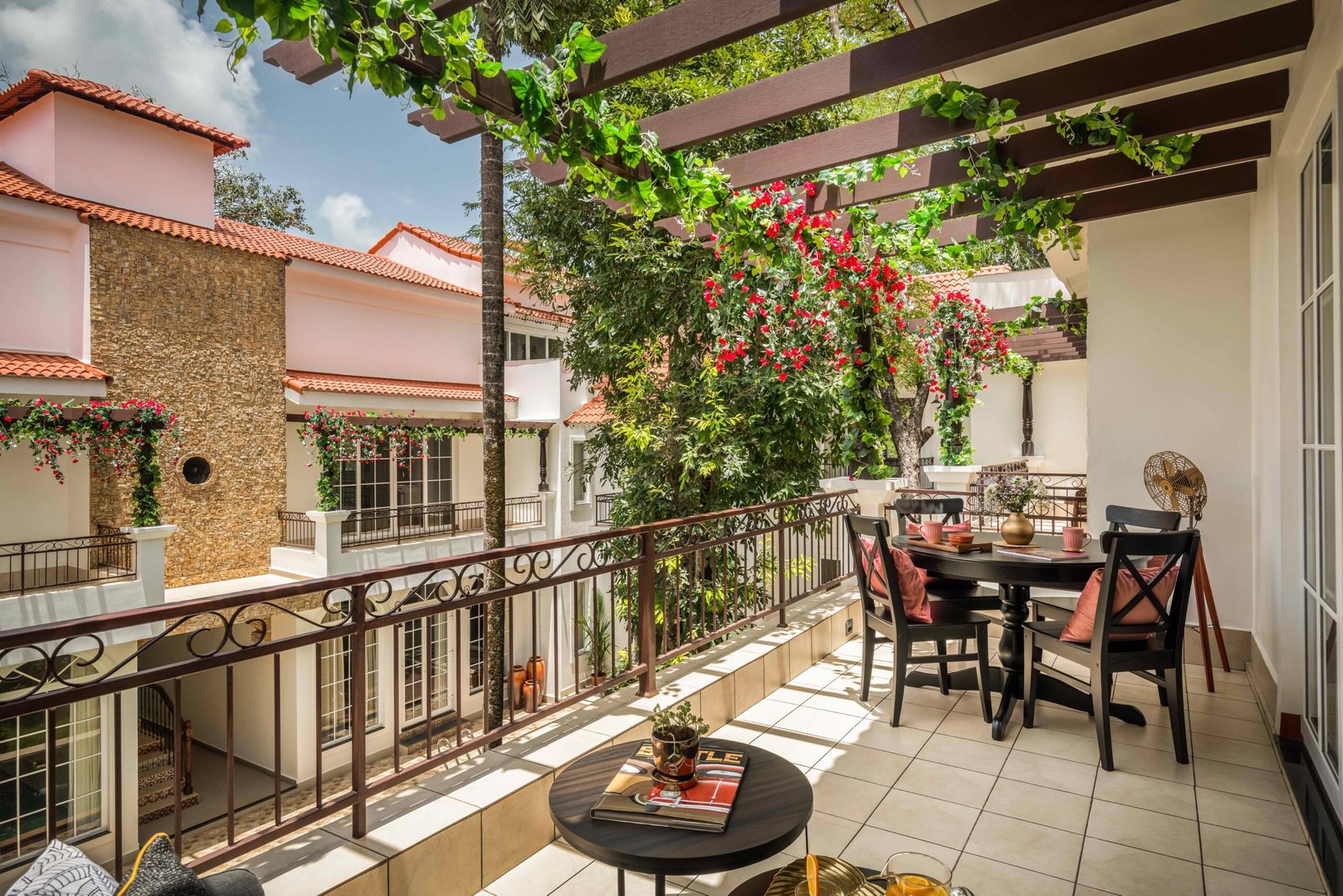The rise of luxury-themed homes among gen Z
In recent years, there has been a noticeable shift in the preferences of the younger generation when it comes to home design and decor. Gen Z, the demographic born between the mid-1990s and the early 2010s, has been increasingly drawn to luxury-themed homes that not only showcase their style and preferences but also reflect their aspirational lifestyles. With a focus on individual expression, social media influence, eco-consciousness, technological integration, multifunctional spaces, wellness, self-care, and long-term investment, luxury-themed homes have become a popular choice for this generation. Let’s explore these key trends shaping the homes of Gen Z.

Individual Expression: Showcasing Personal Style and Preferences
Gen Z is known for valuing individuality and self-expression. They seek to create living spaces that reflect their unique personalities and tastes. Luxury-themed homes offer a canvas for them to experiment with various design styles, from contemporary and minimalist to eclectic and bohemian. These homes feature curated collections of art, bespoke furniture pieces, and personalized decor that speak volumes about the owner’s individuality.
Social Media Influence: Seeking Social Validation and Expressing Aspirational Lifestyles
In the age of social media, Gen Z is heavily influenced by online platforms, seeking social validation and inspiration for their lifestyles. Luxury-themed homes provide the perfect backdrop for capturing aesthetically pleasing content and showcasing aspirational living. These homes boast picturesque corners, carefully curated Instagram-worthy spaces, and stunning backdrops for TikTok or YouTube videos, allowing Gen Z to effortlessly express their desired lifestyles and gain social recognition.
Eco-Consciousness: Incorporating Sustainable Features and Green Technology
As the importance of sustainability grows, Gen Z is embracing eco-consciousness in their lifestyle choices, which includes their homes. Luxury-themed homes often integrate green technologies such as solar panels, energy-efficient appliances, and smart thermostats. Additionally, sustainable materials like bamboo flooring, reclaimed wood, and recycled glass find their way into these homes, reducing their environmental impact. Gen Z sees their homes as a reflection of their commitment to a greener future.
